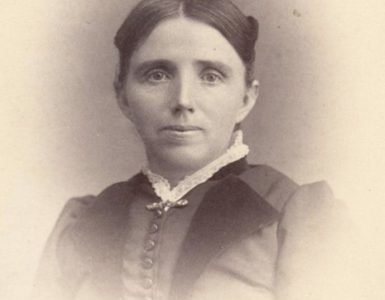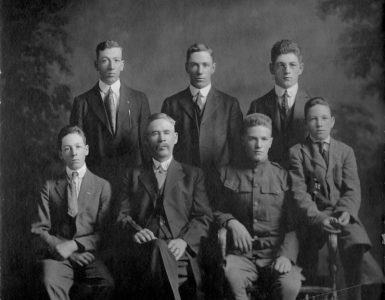| honorific-prefix | |
|---|---|
| name | Samuel Smith |
| native_name | |
| native_name_lang | |
| honorific-suffix | |
| image | 2014.99.172.jpg |
| imagesize | |
| smallimage | |
| alt | |
| caption | |
| order | 3rd |
| office | Mayor of Brigham City |
| term_start | March 29, 1879 |
| term_end | March 24, 1883 |
| constituency | |
| majority | |
| predecessor | John D. Rees |
| successor | Adolph Madsen |
| prior_term | |
| honorific_prefix | |
| name | Samuel Smith |
| honorific_suffix | |
| native_name | |
| native_name_lang | |
| image | 2014.99.172.jpg |
| image_size | |
| alt | |
| caption | |
| birth_name | |
| birth_date | May 22 1818 |
| birth_place | Buckinghamshire, England |
| death_date | Interwiki: Death date and age 1895100218180522++ |
| death_place | Smithfield, UT |
| death_cause | |
| body_discovered | |
| resting_place | |
| resting_place_coordinates = | |
| monuments | |
| residence | |
| nationality | |
| other_names | |
| ethnicity | |
| citizenship | |
| education | |
| alma_mater | |
| occupation | |
| years_active | |
| employer | |
| organization | |
| agent | |
| known_for | |
| notable_works | |
| style | |
| influences | |
| influenced | |
| home_town | |
| salary | |
| net_worth | |
| height = | |
| weight | |
| television | |
| title | |
| term | |
| predecessor | |
| successor | |
| party | |
| movement | |
| opponents | |
| boards | |
| religion | |
| denomination | |
| criminal_charge | |
| criminal_penalty | |
| criminal_status | |
| spouse | |
| partner | |
| children | |
| parents | |
| relatives | |
| callsign | |
| awards | |
| signature | |
| signature_alt | |
| signature_size | |
| module | |
| module2 | |
| module3 | |
| module4 | |
| module5 | |
| module6 | |
| website | |
| footnotes | |
| box_width |
In his youth, Samuel worked in the family business in Sherington, England, where mats were produced for royalty to walk on during coronations. The mats were made from rushes growing in creeks and swamps on their estate.
In 1841, Samuel became a member of the Mormon church. He then joined the main body of the church in Nauvoo, Illinois, where he became acquainted with the Mormon Prophet Joseph Smith and his brother Hyrum. Shortly after they were murdered, Samuel took a small company of the Nauvoo Legion to Evans Settlement where a mob was terrorizing other church members.
When the mob approached the home where Samuel was staying, he confronted them alone at the front door. When a large man threatened him, Samuel hit him so hard it knocked him off his feet. Even though Samuel was only 5 feet tall, he had a powerful build and commanding presence. He was also a wrestler. The mob dispersed. The occupants of the house fled out the back door during the commotion. When the mob came looking for “the little Mormon” the next day, Samuel was gone.
Samuel came to Brigham City in 1855 and served the community as postmaster, mayor, and probate judge.
As Mayor
Samuel Smith’s home on the west side of Main Street was the community’s chief business center, housing the post office, a drug store, a millinery shop, and a hotel. He managed the City’s first industrial building, the grist mill, which produced flour for the community. He was Notary Public for Box Elder County.
When Mayor Smith was in office, people complained that unrestrained dogs were a nuisance. To solve this problem: “It was ordered that the recorder shall be paid 50 cents for every dog, and ordered that the marshal shall slay all dogs within the City running at large.” City officials also passed an ordinance prohibiting the manufacture and disposal of liquors. Brigham City Council Minutes. 1879.
Mayor Smith continued the tree-planting project started by Mayor Rees, chose the site, and developed the local cemetery. While he was in office, the Brigham City Co-op was in a financial crisis, and its industries and retail business were gradually sold to private citizens. As Mayor, he faced the transition from a communal economic system to the free enterprise system.
Although a mercantile store was the only Cooperative enterprise operating by the time Smith left office in 1883, the Brigham City Mercantile and Manufacturing Association did not officially close until 1895. As late as 1892, three years before his death, Smith was still involved in the institution. That year he was president of a company opening the woolen factory as a private business.


Add comment